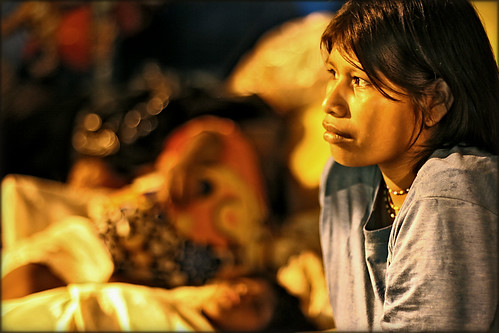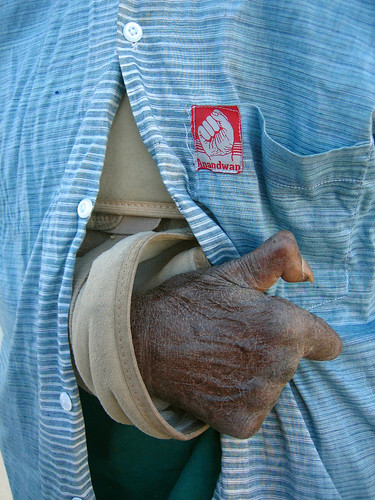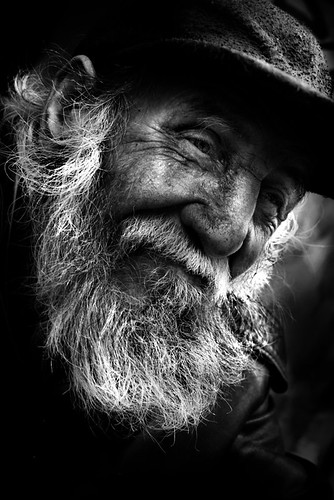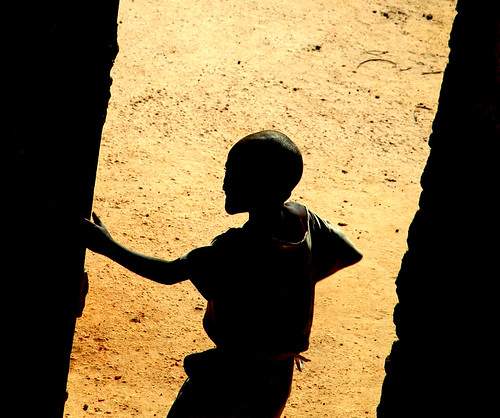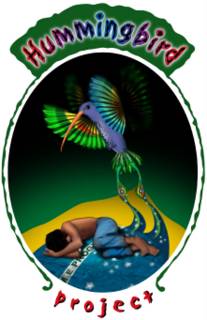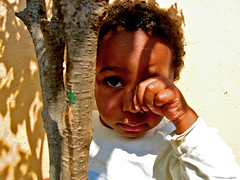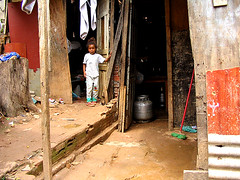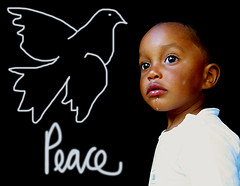A Violation of Indigenous Rights
A Violation of Indigenous Rights
For the sake of survival, selling their handcrafts to visitors in the town, Guarani Indians spend their nights sleeping on the streets of Paraty in Rio de Janeiro.
As I conversed with this young Guarani woman from the village of approx. 400 Indians in Brakui, Angra dos Reis, I noticed her elderly grandmother in the background seated proudly upright and looking around at her sleeping people.
I could feel her humiliation and her pain and I felt very small indeed.
I did not take her photo because she did not wish me to.
The other Guarani in this photo series from Paraty will be receiving copies of their photos on my return trip to their village, where my organization is supporting some of the youth with their artisan efforts.
The indigenous women of our planet had their lands stolen, their cultures and spiritual beliefs lacerated, their lives sheared and then generations and generations of their children discriminated in the urban and agricultural society, rejected by politicians and businessmen alike. They had their cultures hung in Museums or demonstrated in Carnival parades, as beings of the past, or something folkloric, serving as jesters begging for alms in citadels. The men get drunk and turn weak or go crazy. Their children become fragile and a wave of destruction covers entire tribes, until strong women and men, like the many leaders to come, listen to the voice of their ancestry, seeing the marks of genipap set in the ethnic faces as a mark imposed by Me - NHENDIRU, the Creator - and then feel the eternal call of their INDIGENOUS IDENTITY to be respected and accepted as an example for the planet Earth. Example of a humane cultural society that bled, then recovered their ancestral voice and ethics, surviving the process of slavery of the past and the present so that it could really teach the philosophy of equality and fraternity. Because the indigenous peoples are my first-born children of the five continents, being the first ones whom I placed in this planet, for knowing the principle ethics of the balance of nature. Indigenous people should be examples of GOOD CONVIVIALITY WITH SOCIETY AND WITH NATURE. An example of ethical and spiritual prosperity.
Text by: Eliane Potiguara
GRUMIN – Indigenous Communication Network
A violação aos Direitos Indígenas
As mulheres indígenas do planeta terão suas terras roubadas, suas culturas e espiritualidades dilaceradas, suas vidas ceifadas e gerações e gerações de filhos discriminados na sociedade urbana e rural e desprezados pelos políticos e empresários. Terão suas culturas penduradas em Museus ou demonstradas em desfiles de Carnaval, como seres do passado, ou do folclore. Servirão de chacotas em cidadelas e pedirão esmolas. Os homens se embriagarão e ficarão fracos ou loucos. Seus filhos serão frágeis e uma onda de extermínio acobertará tribos inteiras, até que mulheres e homens fortes, como muitos líderes que virão ouçam a voz da ancestralidade, vejam as marcas de jenipapo cravadas nas caras étnicas como uma marca imposta por Mim - NHENDIRU, o Criador - e que sintam a chama eterna da IDENTIDADE INDÍGENA para ser respeitada e aceita, como um exemplo para o planeta terra. Exemplo de uma etnia humana que sangrou, retomou a voz ancestral e ética e sobreviveu a todo o processo de escravidão do passado e do presente e que realmente possa ensinar a filosofia da igualdade e fraternidade. Porque os povos indígenas são meus filhos primogênitos dos cinco continentes, foram os primeiros que Eu coloquei neste planeta, por conhecerem o princípio ético do equilíbrio na natureza. Povos indígenas devem ser exemplo do BOM CONVÍVIO COM A SOCIEDADE E A NATUREZA. Exemplo de prosperidade ética e espiritual.
Texto de: Eliane Potiguara
GRUMIN - Rede de Comunicação Indígena
Photo by Gregory J. Smith - CARF, São Paulo - BRAZIL.

